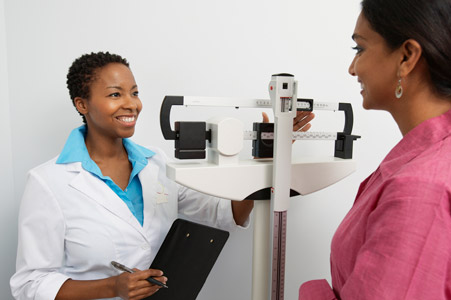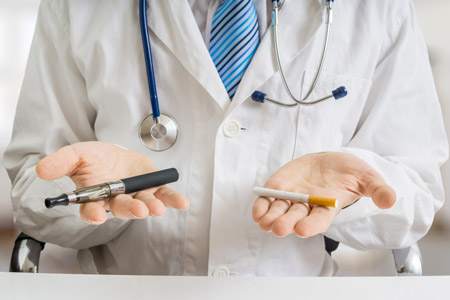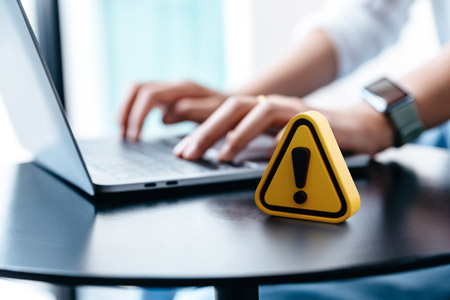

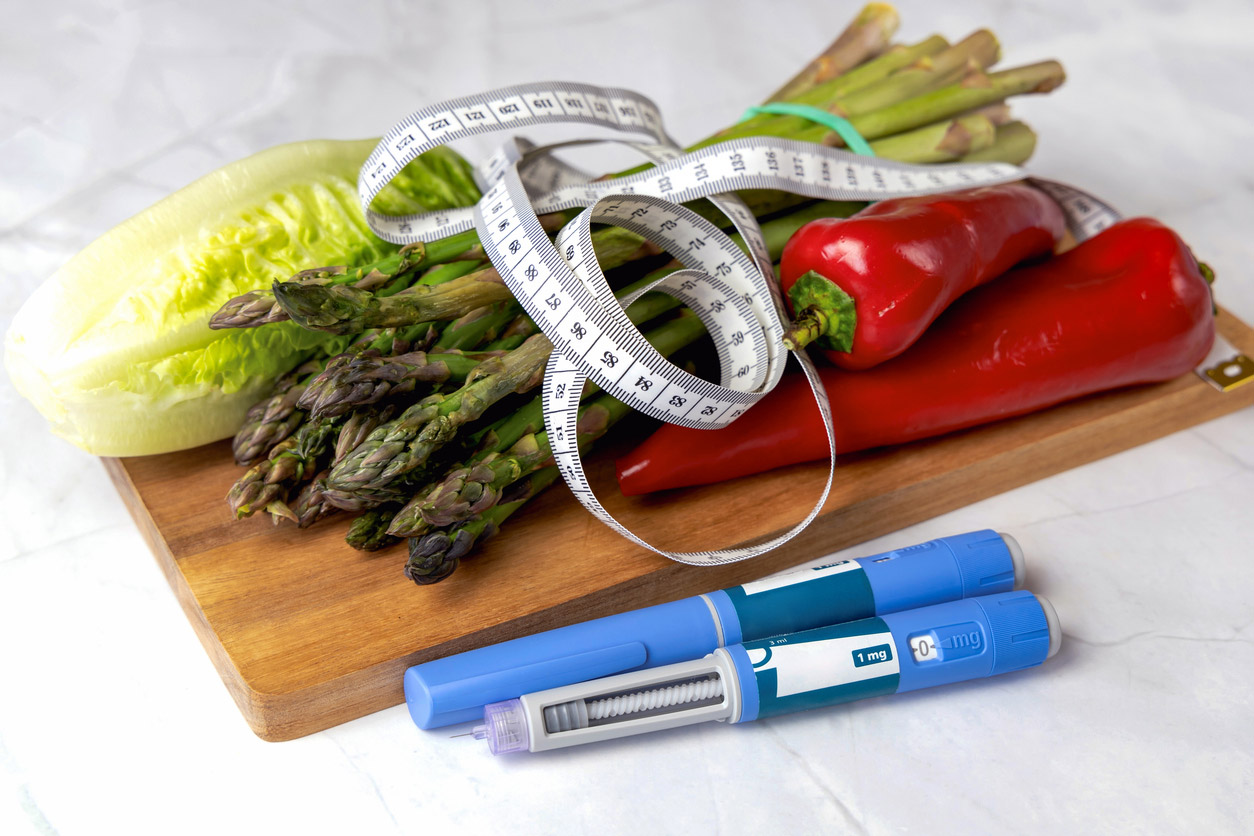
Foods and Diet Choices to Avoid When Taking GLP-1 Medications
GLP-1 medications have become an essential part of managing type 2 diabetes, offering benefits like improved blood sugar control and weight management. However, to maximize the efficacy of these medications, it's crucial to complement them with a healthy diet. Certain foods and dietary habits can interfere with the action of GLP-1 drugs or exacerbate side effects. In this blog, we'll explore foods and diet choices to avoid when taking GLP-1 medications, helping you optimize your diabetes management plan.
- High-Fat Foods: Consuming excessive amounts of high-fat foods can slow down gastric emptying, which may increase gastrointestinal side effects of GLP-1 medications that work by slowing gastric emptying. Additionally, high-fat foods can contribute to weight gain and worsen insulin resistance, undermining efforts to control blood sugar levels. Limit your intake of fried foods, fatty cuts of meat, full-fat dairy products, and processed foods high in unhealthy fats.
- Sugary and Refined Carbohydrates: Foods high in refined carbohydrates, such as white bread, sugary cereals, pastries, and sweetened beverages, can cause rapid spikes in blood sugar levels, making it challenging to maintain stable glucose control. When combined with GLP-1 medications, which help regulate blood sugar levels, consuming excessive amounts of sugary and refined carbohydrate-rich foods can lead to fluctuations in glucose levels and diminish the effectiveness of treatment. Instead, opt for whole grains, fruits, vegetables, and legumes, which provide fiber and nutrients while supporting steady blood sugar levels.
- Large Meals: GLP-1 medications work by slowing down gastric emptying and promoting feelings of fullness, which can help control appetite and reduce calorie intake. However, consuming oversized meals can overwhelm this mechanism, leading to discomfort, bloating, and potential nausea or vomiting—common side effects associated with GLP-1 therapy. To avoid exacerbating these symptoms, aim for smaller, more frequent meals throughout the day rather than large, heavy meals.
- Alcohol: Alcohol consumption can have various effects on blood sugar levels, depending on factors such as the type and amount of alcohol consumed, individual tolerance, and concurrent medications. When combined with GLP-1 medications, alcohol may potentiate the risk of hypoglycemia (low blood sugar) or gastrointestinal side effects. Additionally, alcoholic beverages often contain empty calories and can contribute to weight gain. If you choose to consume alcohol, be sure to talk with your healthcare provider first.
- Spicy Foods: For some individuals, spicy foods may exacerbate gastrointestinal side effects such as nausea or heartburn, which are common with GLP-1 medications. While occasional consumption of spicy foods may not pose a significant issue, excessive intake can intensify these symptoms. If you experience discomfort after consuming spicy foods, consider moderating your intake or opting for milder alternatives.
- Caffeine: Caffeine is known to stimulate gastric emptying and may exacerbate gastrointestinal side effects associated with GLP-1 medications, such as nausea or diarrhea. While moderate caffeine intake is generally well-tolerated for many people, excessive consumption—particularly on an empty stomach—may increase the likelihood of experiencing these symptoms. Be mindful of your caffeine intake and its potential impact on your gastrointestinal health, especially when taking GLP-1 medications.
While GLP-1 medications offer significant benefits for managing type 2 diabetes, optimizing their effectiveness requires attention to dietary choices and habits. By avoiding foods that can interfere with medication action or exacerbate side effects, you can ensure your GLP-1 therapy works as intended and support your overall diabetes management goals.
Remember to consult with your healthcare provider or a registered dietitian for personalized guidance and recommendations tailored to your individual needs and circumstances. With a balanced approach to nutrition and medication, you can take proactive steps towards achieving better health and well-being.
The information on this site is for informational purposes only and should not replace direct medical advice, diagnosis, or treatment from your doctor or another qualified healthcare provider.
Sources:
“GLP-1 Agonists.” The Cleveland Clinic.
“Can Certain Foods Impact Your Ozempic Side Effects?.” The Cleveland Clinic.


.jpg)
.jpg)
.jpg)


















.jpg)





















.jpg)








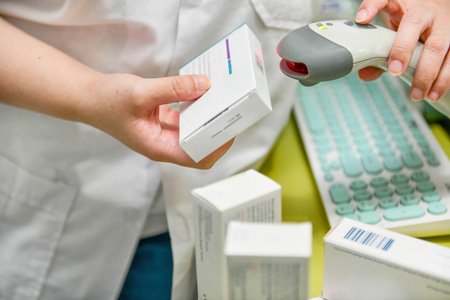
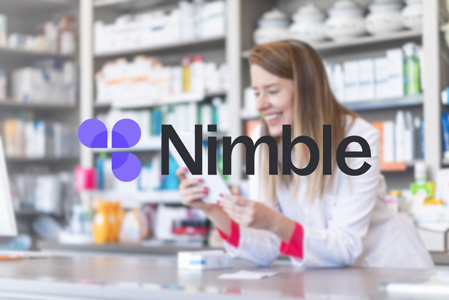

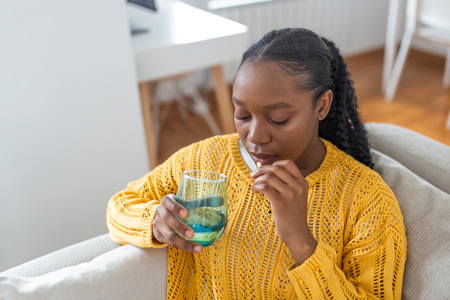

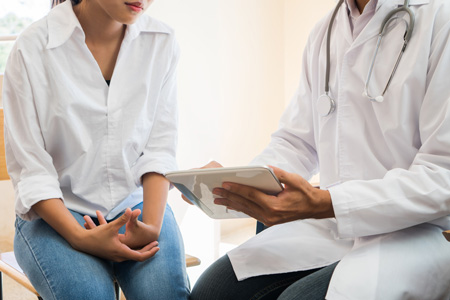
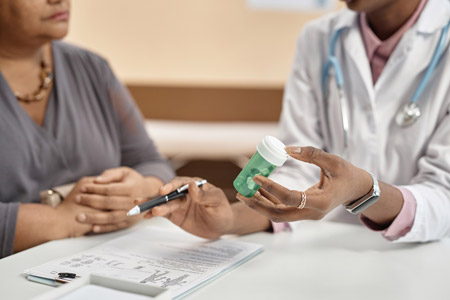

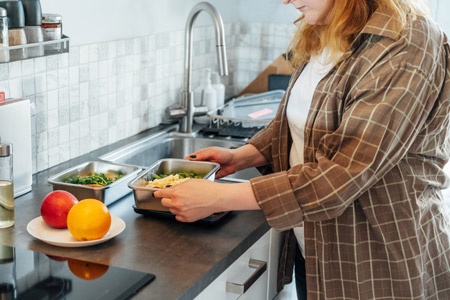
.jpg)
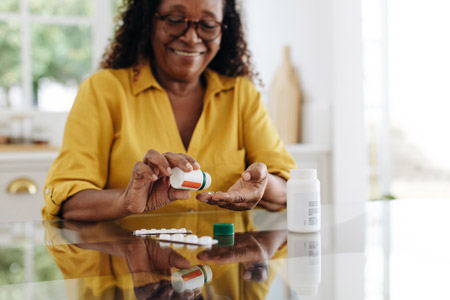

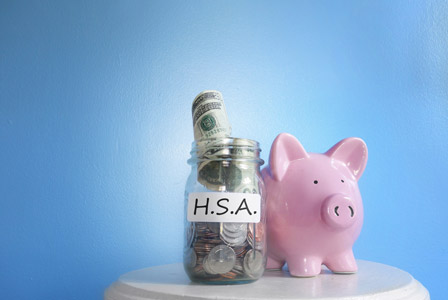
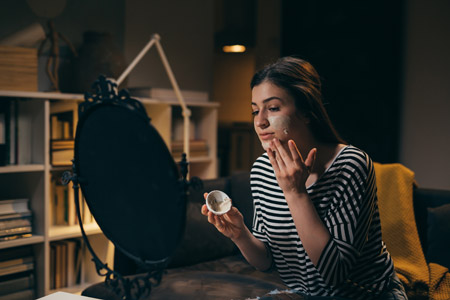
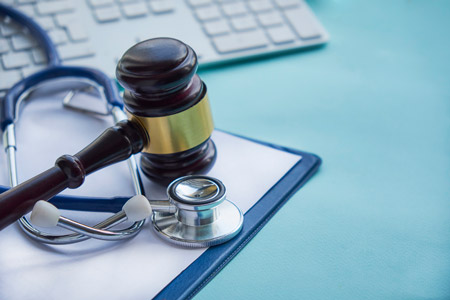
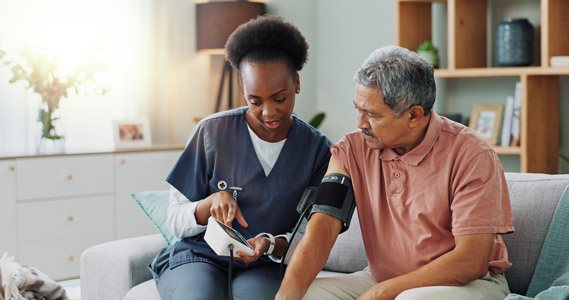
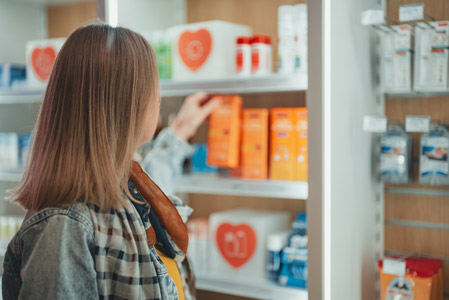



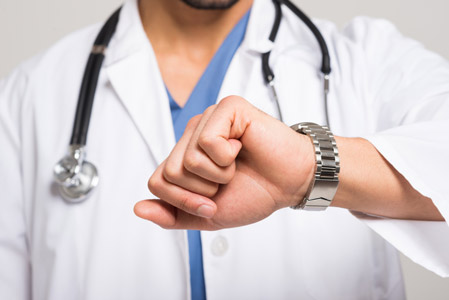


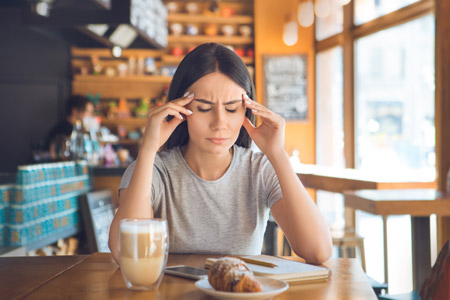




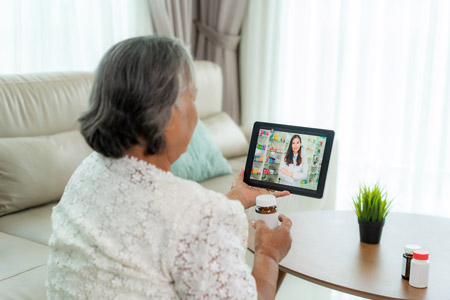
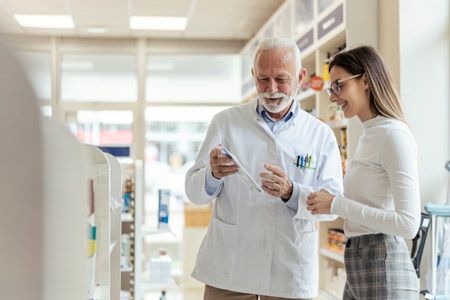


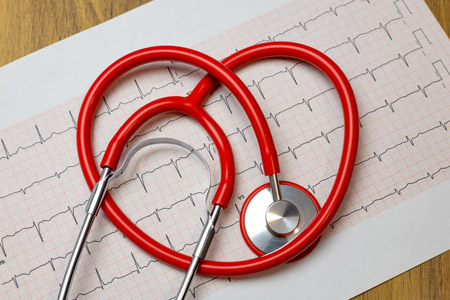
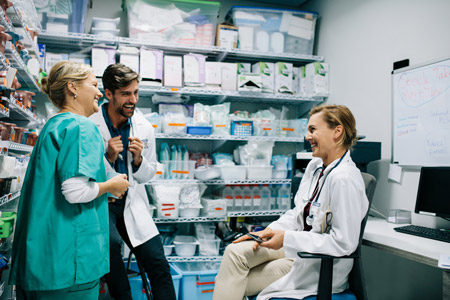
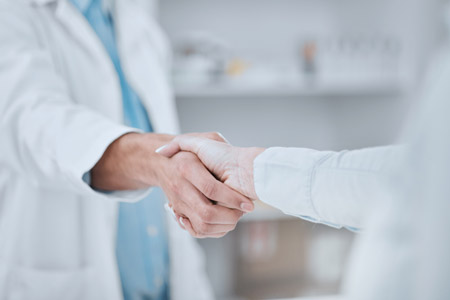
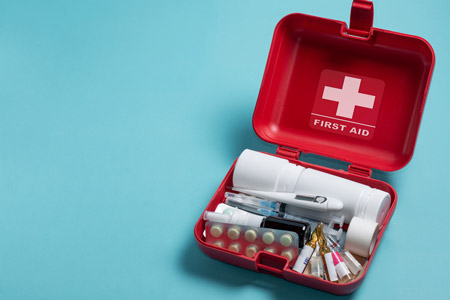
.jpg)
.jpg)
.jpg)


